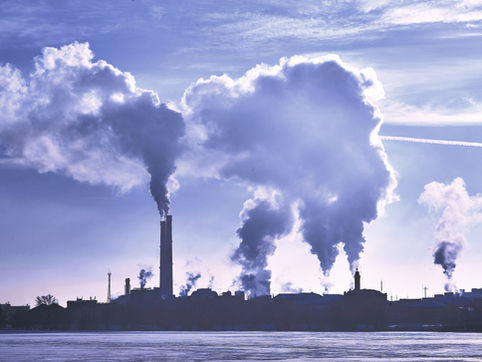Accelerated Glacier Melt Highlights Need for Better Climate Models
- Jun 27, 2025
- 1 min read
Updated: Jul 7, 2025
UNBC research reveals glacier melt in Western Canada and Switzerland over 23 gigatonnes of ice per year — enough to submerge Toronto under 35 metres of water annually.

Glaciers in Western Canada and Switzerland are melting at record-breaking rates, with ice loss between 2021 and 2024 more than doubling compared to the previous decade.
A new study led by UNBC’s Dr. Brian Menounos reveals that these regions lost over 23 gigatonnes of ice per year, which is enough to submerge Toronto under 35 metres of water annually.
Researchers say that a combination of low snowfall, early heatwaves, and wildfire-driven glacier darkening is accelerating melt and threatening freshwater supplies, ecosystems, and mountain tourism. The team urges the development of improved models to better track and predict the impact of climate extremes on glacier loss.
“Even against the backdrop of rapid glacier loss since the start of this century, what we're witnessing now is unprecedented.... The melt rates over the last four years far exceed anything we’ve observed in the past six decades, posing serious implications for freshwater availability, increased geohazard risks and the loss of cultural and tourism values tied to mountain landscapes.”
— Dr. Brian Menounos, Professor, Department of Geography, Earth and Environmental Sciences, UNBC


















Comments